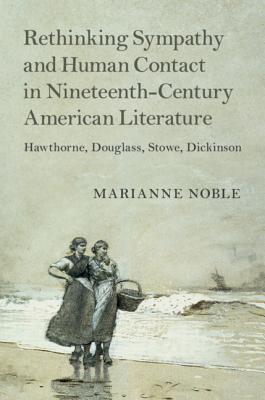
The Politics of Anxiety in Nineteenth-Century American Literature
2011
First Published
4.50
Average Rating
229
Number of Pages
Part of Series
For much of the nineteenth century, the nervous system was a medical mystery, inspiring scientific studies and exciting great public interest. Because of this widespread fascination, the nerves came to explain the means by which mind and body related to each other. By the 1830s, the nervous system helped Americans express the consequences on the body, and for society, of major historical changes. Literary writers, including Nathaniel Hawthorne and Harriet Beecher Stowe, used the nerves as a metaphor to re-imagine the role of the self amidst political, social and religious tumults, including debates about slavery and the revivals of the Second Great Awakening. Representing the 'romance' of the nervous system and its cultural impact thoughtfully and, at times, critically, the fictional experiments of this century helped construct and explore a neurological vision of the body and mind. Murison explains the impact of neurological medicine on nineteenth-century literature and culture.
Avg Rating
4.50
Number of Ratings
4
5 STARS
75%
4 STARS
0%
3 STARS
25%
2 STARS
0%
1 STARS
0%
goodreads


